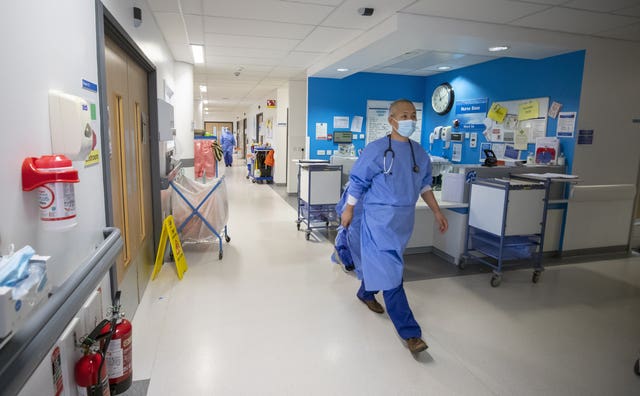People should have ownership of personal health data, says patients’ group

People must be owners of their own health data and any practices developed to manage information must be made in partnership with them, research has revealed.
A campaign to find out what should happen to a person’s health information was carried out by the Irish Platform for Patient Organisations, Science and Industry (IPPOSI).
The Citizens’ Jury on Access to Health Information set out six recommendations for policy-makers and expressed a strong preference for greater access to health information in Ireland.
After more than 12 hours of online deliberations, the 25 jurors concluded that citizens must be the owners of their own health data, and that practices, processes and policies developed to manage or share health information must be made in partnership with them.
The jurors stressed that health information must not only be easily accessible to every individual who wants to view it, but that citizens must be able to actively manage, and consent to, the use of their information on an ongoing basis.
The jurors also expressed a lack of trust in the State because of past failings in relation to health information collection and use.
They also called for robust cybersecurity solutions and safeguards to protect their health information and a zero-tolerance approach to the misuse of health data.
Among the recommendations were that health information should contain up-to-date, complete, joined-up data which provides an accurate and comprehensive account of the individual’s history of contacts.
They also said that information sharing should be via a portal that is equally accessible to both the patient and the healthcare professionals engaged in their care.
They also said that information sharing should be limited, both in terms of what information can be viewed and in terms of who can view the information.

Health information must be first shared with every citizen who wants to view, and potentially control access to, their own health information, and that health information should never be shared with employers, banks, or insurance, pension, and marketing companies.
They also recommended that health information should not be given away “for free”, and should be treated as a modern-day “national resource”.
They also said that health information misuse should be approached from a position of zero-tolerance, especially misuse from within the system, in particular by public servants outside of healthcare professionals.
Dr Derick Mitchell, CEO of IPPOSI, said: “A Citizens’ Jury on access to health information is very topical for a number of reasons. The initial rollout of the Covid-19 vaccine programme and the need to access records to identify priority groups and the subsequent development of a vaccine portal and the creation of the EU Digital Covid certificate; and, of course, the recent cyberattack on our national health system.
“People are worried about their data. They want to know who has it and who is in charge of protecting it but, more importantly, they want to play a central role in deciding what happens to it.
“Jurors expressed a clear desire for a connected, quality, digital health information system, and the need for accountability and independent oversight of our health information.
“Jurors also concluded that the sharing of health data for the improvement of patient care is a collective responsibility and ultimately the right thing to do – subject to the conditions set out.”
Juror Elijah Alaje said: “In the long term, I am really hoping that this Citizens’ Jury will be the start of many because what this will do is enable the policymakers to really know and understand how citizens feel about important issues.
“I believe that once the policymakers know what the citizens want, that will help them to put policies in place that align with the needs and thinking of the public.
“The main message that I would like to share with policymakers is to put the effort into building public trust in them concerning the handling and protection of important data.
“This will enable people to buy in to the idea of sharing their health information for the benefit of everyone.”











